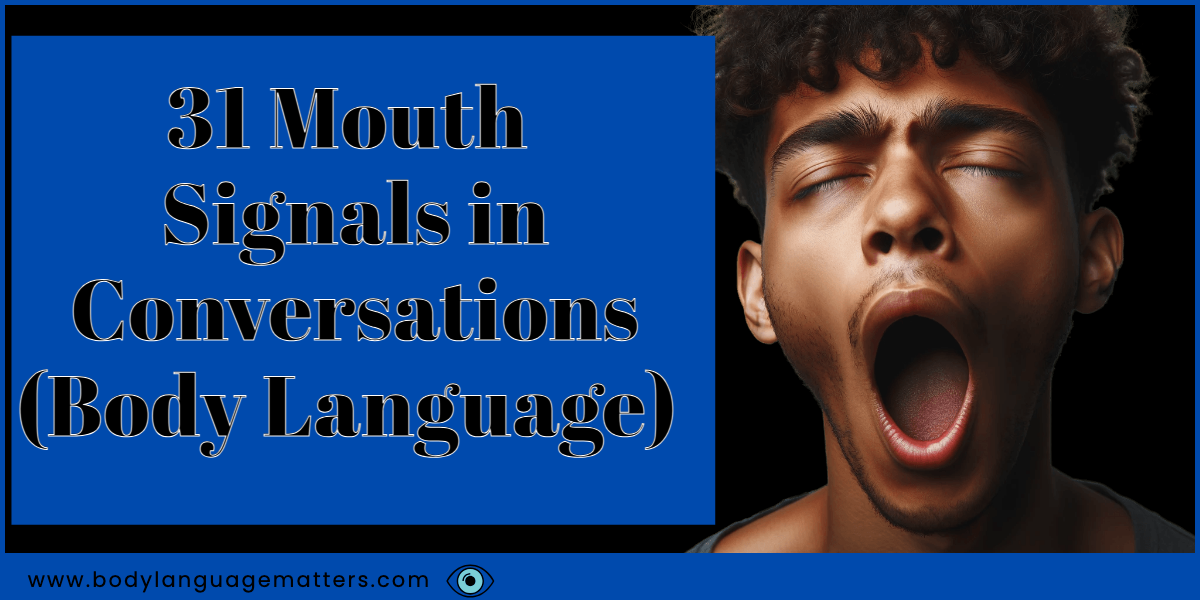The mouth is really important for showing how we feel without talking. It can tell a lot about what someone is thinking or feeling. We use our mouths for showing emotions, eating, breathing, and talking.
The way someone moves their mouth can tell us how they feel or how well they are talking to others. Mouths can be open or closed in different ways to show different feelings. For example, if someone is nervous or shy, they might cover their mouth with their hand. Understanding how the mouth moves is a big part of reading body language.
After the eyes, the mouth is the next thing we look at to understand someone better. Now, let’s learn about what different mouth movements mean.
Table of Contents
Nonverbal Communication Of The Mouth
Smile

A universal sign of happiness and friendliness, a genuine smile is a powerful way to communicate warmth and approachability. The ‘Duchenne smile,’ characterized by the crinkling of the eyes, is considered the most authentic and engaging type of smile.
Example
I was at a family picnic last weekend, and my little cousin, Jenny, ran up to me with her favorite toy. As she handed it to me, I couldn’t help but break into a big, genuine smile. My eyes squinted a bit, and I felt this warmth inside. Jenny immediately knew I was happy to see her, and she started giggling and gave me a hug. Smiles are like magic; they can make everyone feel so happy and connected!
Lip-biting

This expression can be a sign of anxiety, stress, or even excitement. People often bite their lips unconsciously when they are deep in thought or nervous about a situation. Or if they like someone or something they see.
Example
Last week, I was waiting for the results of my final exam. I couldn’t help but bite my lower lip while staring at my phone, feeling a mix of excitement and nervousness. It was like a reflex; I didn’t even realize I was doing it until my friend pointed it out. It’s funny how our lips can give away our emotions without us even noticing. Later, when I saw my good grade, I caught myself biting my lip again, but this time it was because I was so happy!”
Pursed lips
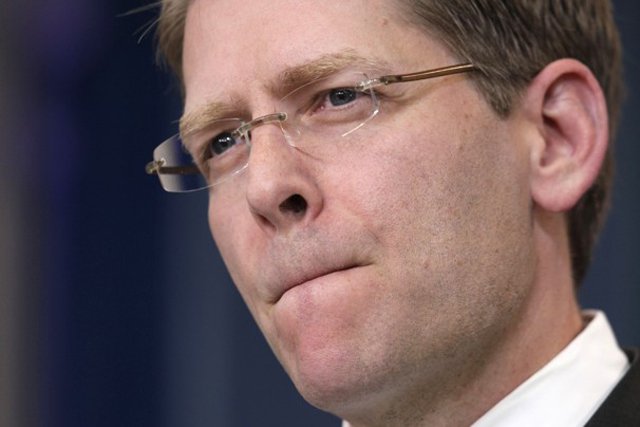
Pursed lips can signify disapproval, frustration, or anger. This facial expression is often associated with holding back negative thoughts or emotions. (Think lips together and pressure from the upper lip and bottom.
Example
During a recent meeting at work, my boss was discussing some changes in our project, and I noticed my colleague, Sarah, sitting across from me, purse her lips. It was a subtle but clear sign that she wasn’t happy with the proposed changes. Later, during a break, I asked her about it, and she admitted that she felt frustrated about the direction the project was taking. It’s interesting how something as small as pursed lips can speak volumes about how someone feels, even when they’re trying to hold back their negative thoughts.
Lip-licking

Licking the lips can indicate anticipation, desire, or nervousness. This action can also be a result of dry lips or a subconscious self-soothing mechanism.
Example
Before going on my first date with someone I really liked, I found myself constantly licking my lips. I couldn’t help it; I was so excited and a bit nervous at the same time. It was like my body’s way of showing my anticipation and desire to make a good impression. Later, I realized I was doing it because my lips were dry from being anxious. It’s funny how our body sometimes gives away our feelings, even when we don’t intend to show them.
Mouth-covering
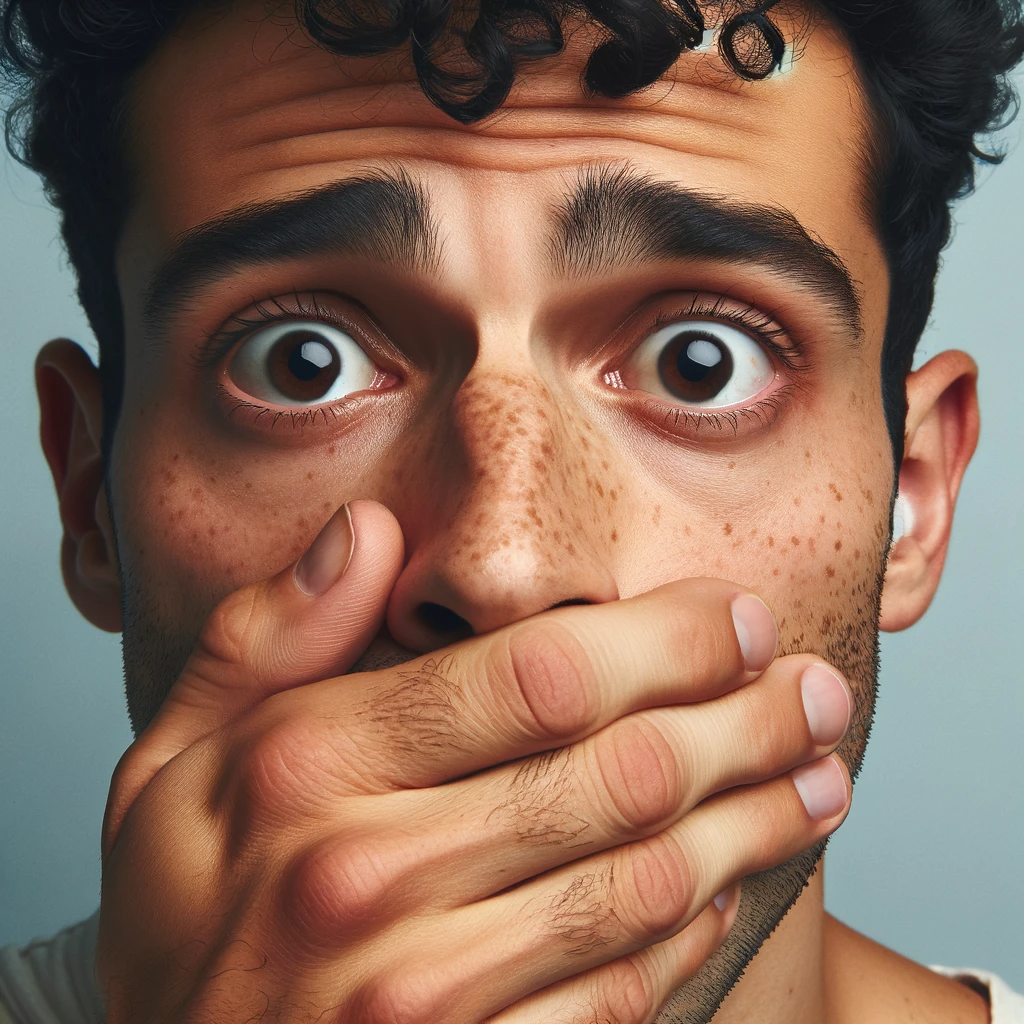
Covering the mouth with a hand can be a sign of surprise, embarrassment, or an attempt to suppress laughter or other emotions. It can also indicate an effort to hide dishonesty or deceit.
Example
During a surprise birthday party my friends threw for me, I walked into a dark room filled with people shouting ‘Surprise!’ I was so shocked that I instinctively covered my mouth with my hand. It was a mix of surprise and embarrassment, and I couldn’t help but smile and laugh behind my hand. It’s like my hand was trying to hide my initial reaction, but everyone could tell I was genuinely surprised and touched by their gesture. It’s amazing how our body can react in such unexpected ways when our emotions are in play.
Example
Tongue-showing

Sticking the tongue out can be a playful gesture, a sign of defiance, or an expression of distaste. The meaning of this action varies greatly depending on the context and the person involved.
Example
When I was playing with my younger sister in the park, she stuck her tongue out at me after I teased her about being too slow in a race. It was a playful and teasing gesture, and we both laughed about it. However, in a different situation, during a disagreement with a friend, they stuck their tongue out at me as a sign of defiance, indicating they didn’t agree with what I was saying. It’s interesting how the same tongue-out gesture can have such different meanings depending on the context and the people involved.
Tight-lipped smile

This type of smile, with the lips pressed together, can indicate politeness, insincerity, or an attempt to conceal one’s true feelings.
Example
At a family gathering, my aunt asked me if I liked the sweater she had given me for my birthday. I wasn’t a big fan of it, but I didn’t want to hurt her feelings. So, I offered a polite smile with my lips pressed together and said, ‘Thank you so much, Aunt Sue. It’s lovely.’ It was my way of being polite and not revealing my true feelings about the gift. Sometimes, a closed-lip smile is a way to show respect and avoid causing any discomfort.
Lip-pouting

Pouting can be a sign of disappointment, sadness, or an appeal for attention and sympathy.
Example
When I didn’t get the toy I really wanted for my birthday, I couldn’t help but pout a little. I was disappointed and sad because I had been hoping for it for a long time. My mom noticed and asked me what was wrong, and when she saw my pout, she gave me a comforting hug and said we could look for the toy together. Pouting can sometimes be a way to express our feelings and seek comfort or understanding from others.
Yawning
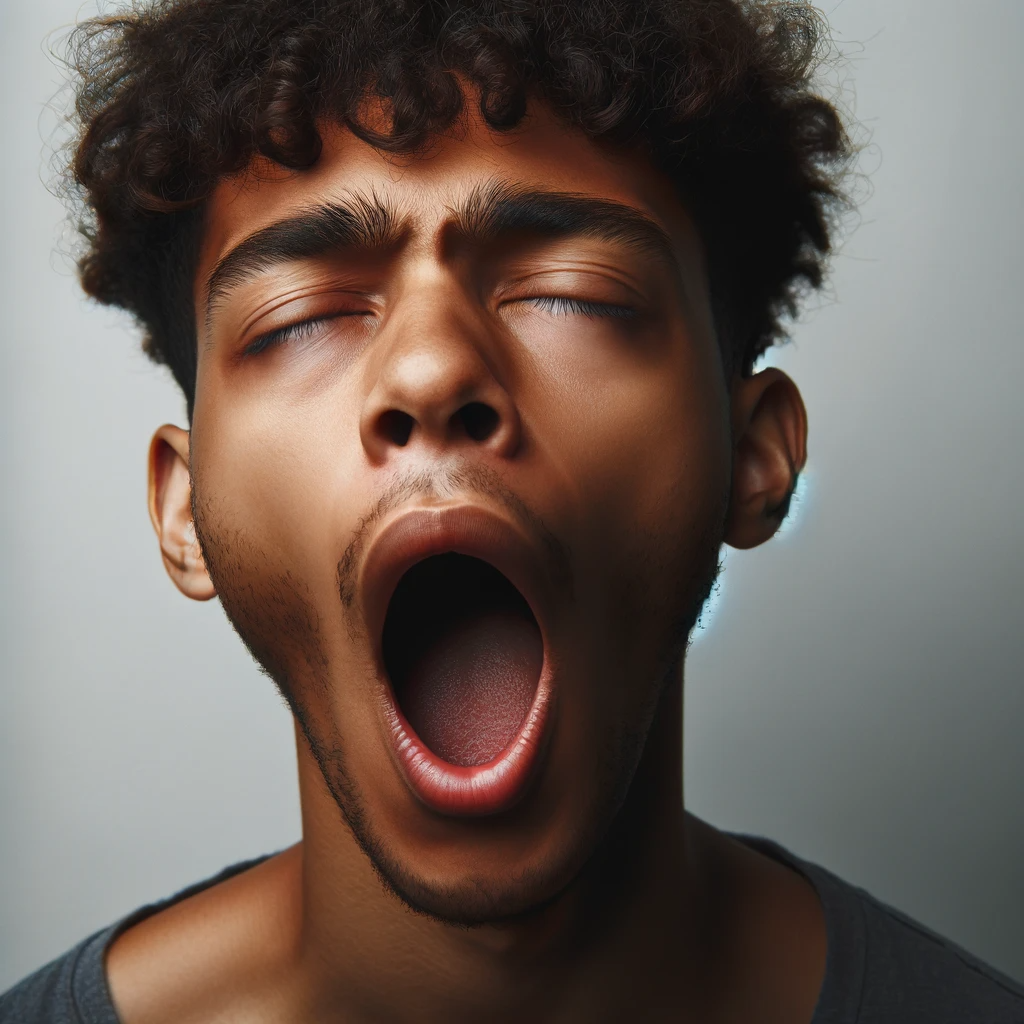
Although commonly associated with boredom or fatigue, yawning can also be a sign of stress, nervousness, or a need for more oxygen. It is important to consider the context in which the yawn occurs to better understand its meaning.
Example
During a long and tiring meeting at work, I found myself yawning quite a bit. It wasn’t because I was bored; in fact, I was feeling quite stressed due to a tight deadline.
Grinding teeth

Teeth grinding, or bruxism, can be a sign of stress, anxiety, or frustration. This behavior often occurs subconsciously, and it can lead to various dental issues if not addressed.
Example
When I was in the middle of a stressful project at work, I noticed that I started grinding my teeth during a particularly tense meeting
Smirking

A smirk is a one-sided, often sarcastic or mocking smile. It can convey feelings of superiority, amusement, or disdain, depending on the context and the relationship between the individuals involved.
Example
When my younger brother successfully pranked me and got away with it, he couldn’t help but give me a little smirk
Lip-trembling

Trembling lips can indicate strong emotions such as sadness, fear, or even extreme anger. This involuntary response is usually a sign that the person is struggling to contain their emotions.
Example
When I had to give a presentation in front of a large audience, I felt my lips trembling with nervousness.
Whistling

Whistling can be a means of expressing contentment, passing the time, or attracting attention. The meaning behind the act of whistling may vary depending on the tune and the situation.
Example
As I strolled through the park on a beautiful sunny day, I couldn’t help but start whistling a cheerful tune.
Speaking with clenched teeth

Talking through clenched teeth is often a sign of anger or frustration. This expression conveys that the person is trying to maintain control over their emotions but is reaching their breaking point.
Example
When I was having a heated argument with a friend, I caught myself talking through clenched teeth. It was a clear sign that I was getting really angry and frustrated, but I was trying to keep my composure.
Lip-rolling

Rolling the lips inward can signify deep thought, concentration, or uncertainty. People often do this subconsciously when they are trying to make a decision or pondering a complex issue.
Example
As I sat at my desk, trying to solve a particularly challenging puzzle, I found myself rolling my lips inward.
Chewing on objects

Chewing on objects such as pens, pencils, or fingernails can be a sign of nervousness, stress, or boredom. This behavior is often a subconscious way of self-soothing or releasing pent-up energy.
Example
When I was waiting for the results of a job interview, I noticed that I started chewing on the end of my pen. It was a nervous habit that I had, and I couldn’t help it. It was like my way of coping with the stress and uncertainty of the situation.
Inflating cheeks
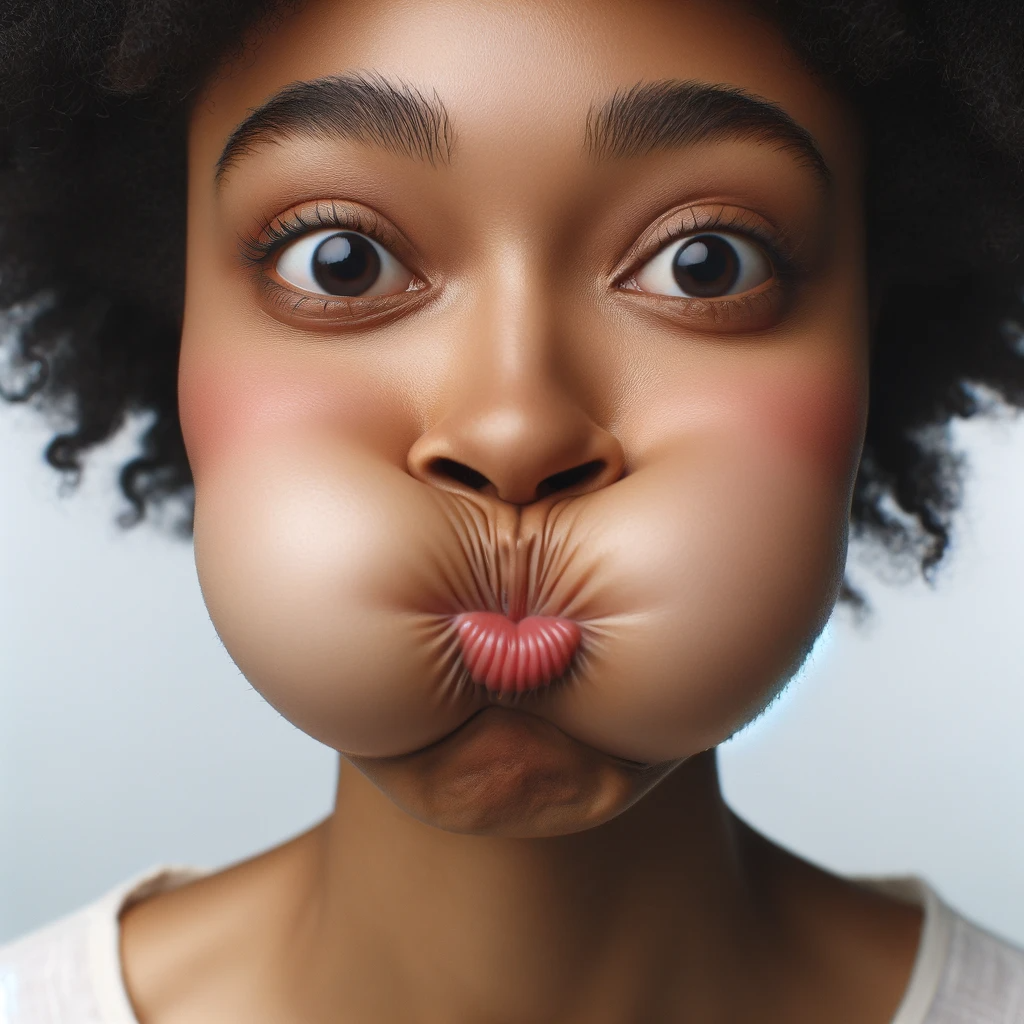
Inflating the cheeks can indicate surprise, disbelief, or a need to take a deep breath before expressing strong emotions. It can also be a playful gesture, depending on the context.
Example
When my friend told me about the surprise party they had planned for my birthday, I couldn’t help but inflate my cheeks in disbelief. It was like my way of expressing my surprise and excitement about the unexpected celebration. Inflating my cheeks felt like a natural reaction before I could gather my thoughts and emotions. It’s funny how our body language can change in response to different situations, from expressing surprise to playfulness, depending on the context.
Lip-syncing

Lip-syncing to a song or pretending to speak without producing sound can be an expression of playfulness, enjoyment, or simply a means of practicing a speech or performance.
Example
I can’t sing or play audio, but I can certainly help with song lyrics or suggest songs based on your preferences. If you have a specific song in mind or a genre you like, let me know and I can assist further!
Mumbling

Speaking in a low, unclear tone can signify a lack of confidence, shyness, or uncertainty. Mumbling may also be a sign of disinterest or an attempt to avoid drawing attention to oneself.
Example
When I had to give a presentation in front of my classmates, I found myself speaking in a low, unclear tone. I was feeling incredibly shy and lacked confidence. It was like my way of trying to avoid drawing too much attention to myself.
Gaping mouth

A gaping mouth, with the jaw hanging open, can indicate shock, surprise, or disbelief. This expression is often seen when someone is caught off-guard or confronted with unexpected news.
Example
When my friend suddenly revealed a surprising secret during our conversation, my mouth hung open in sheer disbelief. I was completely caught off-guard, and my gaping mouth was an instinctive reaction to express my shock and surprise.
Lip-gloss application

Applying lip-gloss or lipstick can be a self-soothing gesture or a way to boost confidence and enhance one’s appearance. In some cases, it can also be a sign of flirtation or an attempt to draw attention to the lips.
Example
Before heading out to a special event, I often apply some lipstick. It’s not just about enhancing my appearance; it’s also a way to boost my confidence. As I carefully put on the lipstick, it feels like I’m preparing myself to face the world with a bit more self-assuredness.
Lip-curling

Curling the upper lip, or a sneer, can signify contempt, disgust, or disdain. This expression is often associated with negative feelings toward a person or a situation.
Example
When I heard about a coworker taking credit for my work in a meeting, I couldn’t help but curl my upper lip in a sneer. It was a clear sign of my contempt and frustration towards their behavior. My sneer conveyed my feelings of disgust and disdain for what had happened.
Mouth-breathing
Breathing through the mouth, rather than the nose, can indicate physical discomfort, congestion, or anxiety. In some cases, it may simply be a personal habit.
Example
When I had a bad cold and my nose was completely stuffed up, I found myself breathing through my mouth because I couldn’t breathe through my nose. It was a clear sign of my physical discomfort and congestion.
Blowing a kiss

Blowing a kiss is a playful and affectionate gesture, often used to express love, admiration, or flirtation.
Example
When my partner and I were saying goodbye at the airport, I blew them a kiss as they walked toward their departure gate. It was a sweet and affectionate gesture to let them know how much I cared.
Sipping

The act of sipping a beverage can signify relaxation, enjoyment, or a need for hydration. It can also be a way to pause during a conversation, allowing for reflection or a moment to collect one’s thoughts.
Example
As I sat in the cozy café, I took a sip of my hot tea. It was a moment of pure relaxation and enjoyment, savoring the warmth and flavor. Sipping my tea allowed me to unwind and take a break from the busy day. It also gave me a chance to pause during our conversation, collecting my thoughts before continuing.
Chewing gum
Chewing gum can indicate a desire to freshen one’s breath, relieve stress, or simply pass the time. In some situations, it can be seen as a sign of casualness or nonchalance.
Example
When I had a long wait at the airport before my flight, I started chewing gum to pass the time. It was a way to relieve my stress about the upcoming journey and keep myself occupied. Chewing gum felt casual and relaxed, and it also helped freshen my breath after a long flight. It’s interesting how such a small action, like chewing gum, can serve multiple purposes, from stress relief to simply keeping busy.
Smacking lips
Smacking the lips can be a sign of satisfaction, enjoyment, or anticipation of something pleasant, such as food or a sweet treat. It can also be interpreted as a sign of impatience or restlessness.
Example
As I took a bite of the delicious chocolate cake, I couldn’t help but smack my lips in satisfaction. It was so tasty that I wanted to savor every moment. Smacking my lips was like a way of expressing my enjoyment and anticipation of more bites.
Covering the mouth while speaking
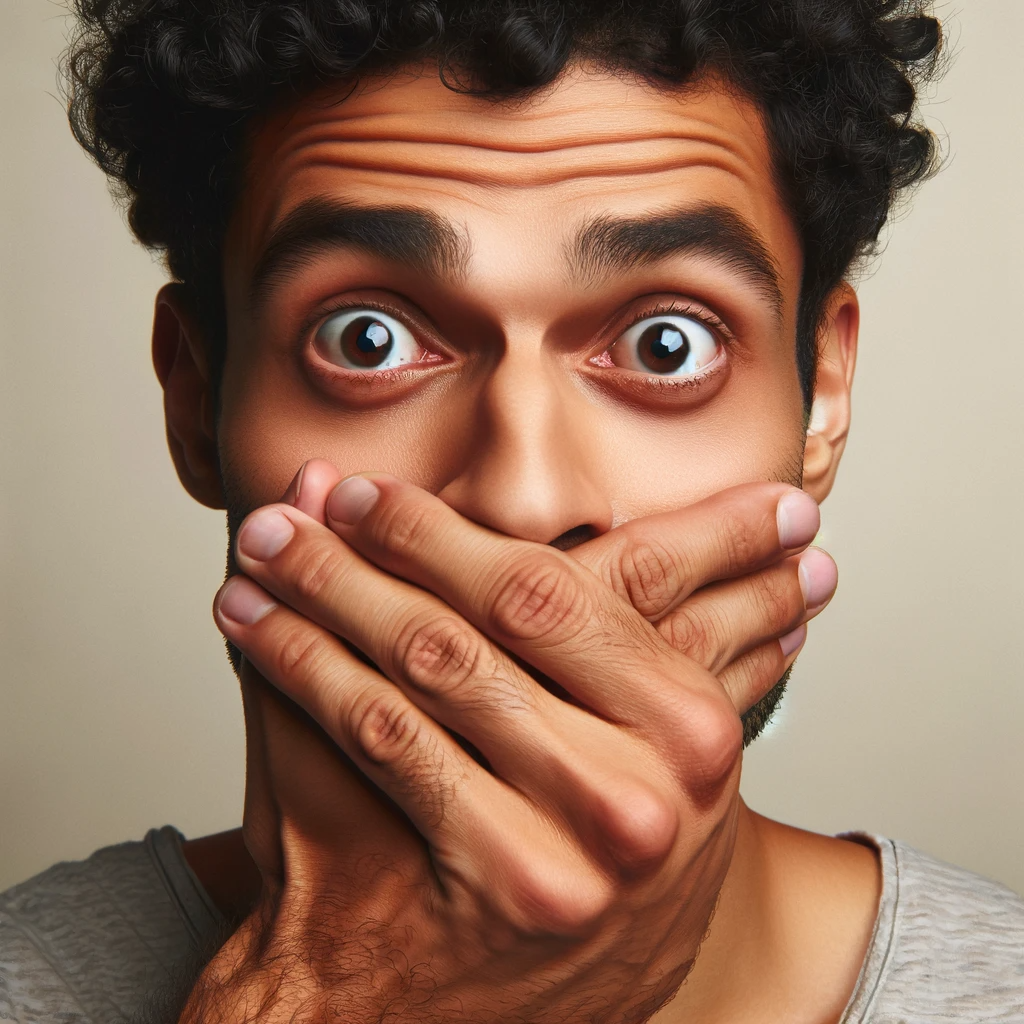
Covering the mouth with a hand while speaking can indicate a lack of confidence, shyness, or a desire to hide one’s true feelings. It can also be a way to muffle one’s voice when trying to communicate discreetly.
Example
When I was at a party and overheard some gossip about a friend, I wanted to discuss it discreetly with another friend nearby. So, I covered my mouth with my hand while speaking. It felt like a way to keep the conversation private and hide my true feelings about the situation. On the other hand, when I was asked to speak in front of a large audience, I caught myself covering my mouth due to nervousness and lack of confidence.
Humming
Humming a tune can express happiness, contentment, or a means of self-soothing. It can also be a way to fill silence or convey a relaxed, carefree attitude.
Example
As I walked down the sunlit street, I couldn’t help but hum a catchy tune. It was a way of expressing my happiness and contentment in that moment. Humming felt like a joyful and carefree way to share my mood with the world. Similarly, when I was feeling a bit stressed at work, I found myself quietly humming a tune to self-soothe and ease my tension.
Rapid swallowing
Rapid swallowing can be a sign of nervousness, anxiety, or discomfort. This behavior can also be the result of dry mouth or a physical reaction to stress.
Example
When I had to speak in front of a large audience for the first time, I found myself rapidly swallowing. It was like my body’s response to the nervousness and anxiety I was feeling. My mouth had gone dry, and I was uncomfortable with all the attention.
Frequent throat-clearing
Clearing the throat frequently can indicate nervousness, discomfort, or a need to draw attention to oneself. In some cases, it may be a sign of a physical issue, such as a cold or allergies.
Holding breath – Holding one’s breath can be a sign of anxiety, fear, or anticipation. This behavior may occur unconsciously during tense or high-stress situations.
Example
During a job interview, I found myself clearing my throat frequently. It was a clear sign of my nervousness and discomfort. I wanted to make a good impression, but my throat clearing seemed to reveal my anxiety.
You may also like
Body Language Mouth Open Really Mean.
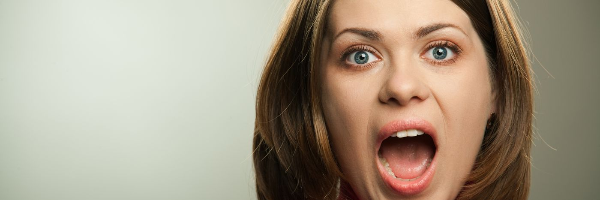
The meaning behind an open mouth gesture varies for each person but the message they send out is easily interpreted by others. When we hear the term “jaw-dropping or my mouth hit the floor” we think of the mouth being opened.
The mouth opening is often an expression of shock or disbelief. It could also be a way of relieving tension in the jaw.
It’s important to keep the context in mind when it comes to any non-verbal analysis. What did they see, what did they say and who was around them at the time of mouth opening?
Facial expression and how are they linked to the body language of the mouth?
The facial expressions of a person can be linked to the body language of their mouth. For example, if someone is smiling, it may mean that they are happy or amused they will use the eyes and the mouth to show a true smile. On the other hand, if someone is frowning and with pursed lips, it may mean that they are unhappy or angry. So you can see how important the mouth is so important when reading facial expressions.
Mouth Open Meaning!
The meaning behind an open mouth gesture varies for each person but the message they send out is easily interpreted by others. When we hear the term “jaw-dropping or my mouth hit the floor” we think of the mouth being opened and wide eyes.
The mouth opening is often an expression of shock or disbelief. It could also be a way of relieving tension in the jaw.
It’s important to keep the context in mind when it comes to any non-verbal analysis. What did they see, what did they say and who was around them at the time of mouth opening?
Mouth Closed Meaning!
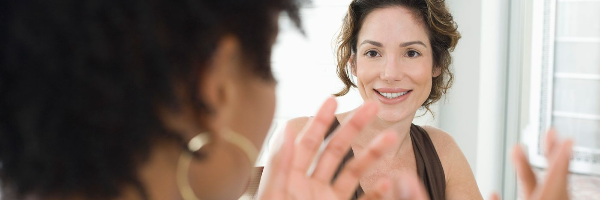
Many people think that when someone has their mouth closed it means they are angry or not interested in talking anymore.
This isn’t always true though because people’s mouths may be closed for many other reasons like eating food or yawning.
We usually see this nonverbal cue of the mouth closed when people are relaxed or suppressing some kind of information. The context around this cue is vital to understanding what is really going on with that person and why they are keeping their mouths closed.
Understanding Breathing Cues
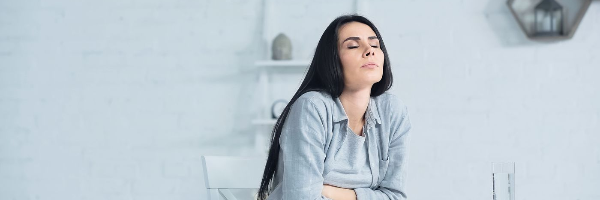
Exhaling.
Exhaling can have a few different meanings within a body language context. For example, when we exhale, we may sigh or puff our cheeks.
When we exhale with a loud and short breath, it usually indicates stress or frustration. We typically see this nonverbal cue when someone has given up or has received some bad news.
Exhaling with the cheeks puffed out and pursed lips are another indication that someone is under stress or has just relaxed from a stressful situation.
You may see relief on their face and the eyes may soften after this happens.
Inhaling.
One example of inhaling is when you greet someone or when they join the table. This may mean that you are happy to see them.
Another example is the affirmation inhaling, you will often see this when someone is about to agree with you and they will take a short intake of breath before saying yes.
Holding the breath.
Holding one’s breath for a prolonged period of time is usually a sign of fight or flight. If you see someone holding their breath in a conversation or situation, they are usually frightened or apprehensive about something.
Body Language Of The Tongue

Tongue Corner Mouth Really Mean.
From a body language point of view, the tongue is pushed in the corner of the mouth and held their means that the person is feeling stressed out.
There are, however, a few other meanings for the tongue to be held in the corner of the mouth. It could be the person is hiding information, and it is often a submissive or playful gesture.
Tongue Jutting Between Teeth.
When you see the tongue sticking out between the teeth, it tends to mean that the person thinks they have gotten away with something or they think they have been found out.
Remember context is important when studying any kind of nonverbal behavior.
Tongue Out.
Sticking the tongue out of the mouth can mean the person doesn’t like you or is being cheeky towards you, think kids.
It can also be a sign of concern that you usually see the tongue sticking out of the mouth on one side while a task is being performed.
Licking The Teeth.
Licking one’s teeth usually means that person is feeling under stress or in a bad situation. It’s a way of relieving oneself or often called a coping mechanism in body language.
Body language mouth movement really mean
In many cultures, mouth movement has been considered to have an impact on one’s mood and personality.
For example, an upward mouth movement is considered to be a sign of happiness whereas a downward one signifies sadness (think smile)
You will also see the jaw move from side to side this could mean they are feeling some kind of pressure or stress.
What Does Dry Mouth Mean In Body Language?
A dry mouth is a condition in which the body doesn’t produce enough saliva. This can be caused by a number of things, such as nervousness, stress, and anxiety.
You can usually hear this when people are stressed, as their mouth becomes tacky due to the build-up of protein. I have often seen this in TED Talks, check some out see if you can hear what I’m talking about.
If you ever have a dry mouth when you’re talking, remember to wipe your mouth often and drink water.
Mouth Body Language Attraction?
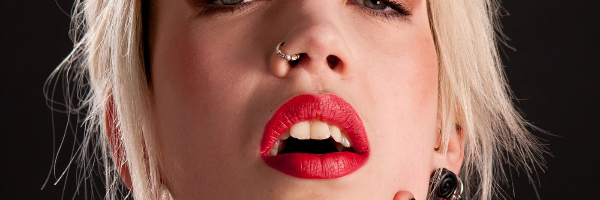
It is important to remember that body language is not 100% reliable when trying to determine if someone likes you.
Women often use their mouths to display attraction by licking their lips or teeth, but there are no absolutes to this. We have to read the context surrounding the body language cues.
Covering Mouth With Shirt Body Language?
When we cover our mouth, we are trying to either stop ourselves from saying something or we are trying to keep something in. We may also do it when we’ve said something that has offended someone and then want to take it back.
It can also be a sign of insecurity or withholding information.
Have you ever seen someone yawn, and you yawn back?
Have you ever seen someone yawn and then yawn back at them? It’s like a reflex! But what does it mean?
When someone yawns, they are usually tired or bored. But when you yawn back at them, it’s a sign that you are also tired or bored. It’s like your brain is telling you to take a break too!
Final Thoughts
You can see that the way people use their mouths can have lots of different meanings. Body language with the mouth is something that comes from how humans evolved and it’s used to show feelings, thoughts, and what someone wants to do.
I hope you liked learning about how the mouth is important in understanding what others are trying to say with their body language.
